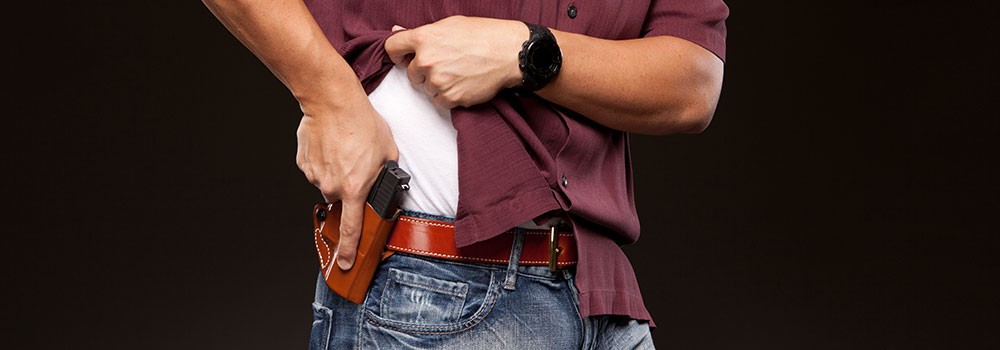This is legal information, not legal advice. If you want legal advice, call for consultation: 416-583-1510 ext. 2
Under section 90(1) of the Criminal Code, carrying a concealed weapon is the act of possessing and concealing a weapon, prohibited device, or prohibited ammunition without lawful authorization. This means carrying any item that can be used as a weapon or firearm component in a concealed manner. The Criminal Code provides an exception for individuals who are authorized under the Firearms Act to carry a weapon concealed. This typically includes individuals who hold valid firearm licenses, such as a Possession and Acquisition License (PAL) for restricted firearms or specific authorization to carry a concealed weapon.
To secure a conviction for carrying a concealed weapon, the prosecution must prove beyond a reasonable doubt that the accused person knowingly carried the weapon or prohibited device concealed.
The penalties for carrying a concealed weapon can vary depending on whether the offence is prosecuted by indictment or summary conviction. If prosecuted by indictment, the maximum penalty is imprisonment for up to five years. If prosecuted summarily, the penalties are less severe but can still include imprisonment.
